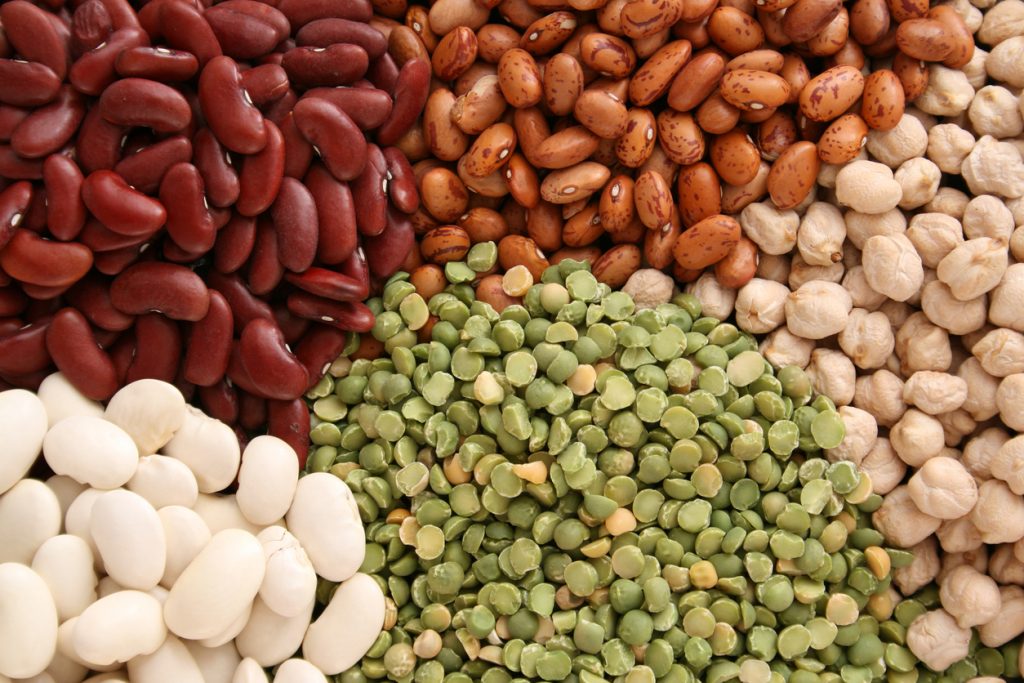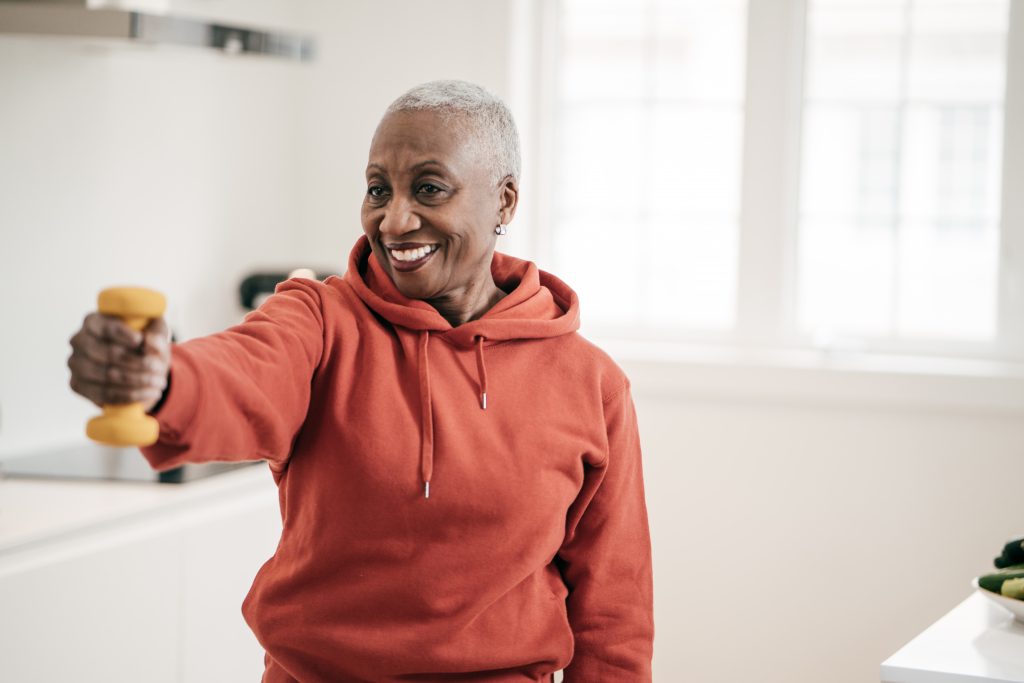
Blog post
Prioritizing Mental Health as a Universal Human Right
By: Neltada Charlemagne, DNP, APRN, PMHNP-BC, PHN, BHC
Read on for the types of foods you can eat to boost your immune system.
The Immune System
The coronavirus (COVID-19) is affecting communities around the world. By now you know to wash your hands with soap, refrain from touching your face, and avoid contact with sick individuals. These steps can help reduce our risk of getting sick, but what else can we do? Studies show that our diet and lifestyle choices can either strengthen our immune system (our bodies natural defense) or weaken our immune system. [1]
Let’s talk about diet.
People who eat more plants have been shown to have more effective white blood cells when compared to people who eat less plants.[2] So eat as many plants as possible. Eat them every week, every day and every meal. The immune system relies on white blood cells that produce antibodies to combat bacteria, viruses, and other invaders. Eating more plants (especially a variety of fruits and vegetables) increases your immune system.[3],[4] Fruits and vegetables contain lots of nutrients including beta-carotene, vitamin C, vitamin E, and Zinc which are important for immune function. Additionally, plants are rich in antioxidants which help reduce inflammation.[5]
Read on for the types of plants you can eat to boost your immune system.

Herbs and Spices
Vegetables
Fruits
Beans
Nuts and Seeds
Is there anything we should avoid eating?
Minimize intake of alcohol, sugar, animal protein, animal fat and processed foods. By eating these foods, we both suppress our immune system and miss out on eating the healthy foods needed to boost our immune system. Focus on eating whole plant foods to boost your immune system and lower risk of illness.[14]
Lifestyle Habits
In addition to a healthy diet, avoid smoking, keep your stress levels low, and get enough rest, sunlight and moderate exercise. These are all needed to bolster our immune defense against disease.

Sleep
Our bodies need sleep to rest and recharge. Inadequate sleep can weaken the immune system. Poor sleep quality and sleep length is associated with higher risk of upper respiratory infection. People who get enough sleep are three to five times more likely to beat the common cold virus.[15] Less sleep is associated with a greater likelihood of a cold or infection or both.[16]
Need help falling asleep? What we eat can influence how we sleep. One study showed that daily intake of fiber was associated with better sleep, while eating more saturated fat (found in animal fat and protein) and more sugar is associated with lighter, less restful, and more disrupted sleep.[17]
Sunlight and Vitamin D
Sufficient Vitamin D levels in the blood are necessary for strong immune systems and can reduce the risk of viral infections, including respiratory tract infections.[18]
Just 15-30 minutes of daily midday sunshine (15 minutes for those with lighter skin; 30 minutes for those with darker skin) during sunny months of the year will sufficiently supply most people with their daily vitamin D needs.[19] 2,000 IU supplemental vitamin D daily is recommended for individuals who aren’t able to get midday sunshine daily.
Stress
Having trouble with stress? Try getting more active, meditate, laugh more, connect with others, try yoga, sleep, keep a journal, try getting musical or creative, and seek counseling.[20] Another way to lower stress is to eat more plants. A plant-based diet can lower stress and improve mood.[21]
Exercise
Just like a healthy diet, exercise can contribute to general good health and therefore to a healthy immune system. Exercise can promote good circulation, which allows cells of the immune system to do their job efficiently.[22]
Don’t Smoke
Smoking is known to suppress the immune system.[23] Quit smoking to avoid risk of sickness and disease.[24]
If modifying your diet and lifestyle habits all at once feels overwhelming, just try one thing today. Try two things tomorrow. You got this.
References
Image Credit: Pxhere.
[1] Watzl B, Bub A, Brandstetter BR, Rechkemmer G. Modulation of human T-lymphocyte functions by the consumption of carotenoid-rich vegetables. Br J Nutr. 1999;82(5):383–389. doi:10.1017/s0007114599001634
[2] Berenbaum, F.; van den Berg,W.B. Inflammation in osteoarthritis: Changing views. Osteoarthritis Cartilage 2015, 23, 1823–1824.
[3] Li L, Werler MM. Fruit and vegetable intake and risk of upper respiratory tract infection in pregnant women. Public Health Nutr. 2010;13(2):276–282. doi:10.1017/S1368980009990590
[4] Watzl B, Bub A, Brandstetter BR, Rechkemmer G. Modulation of human T-lymphocyte functions by the consumption of carotenoid-rich vegetables. Br J Nutr. 1999;82(5):383–389. doi:10.1017/s0007114599001634
[5] https://nutritionfacts.org/2018/08/09/the-best-diet-for-the-inflammation-of-aging/
[6] San Chang J, Wang KC, Yeh CF, Shieh DE, Chiang LC. Fresh ginger (Zingiber officinale) has anti-viral activity against human respiratory syncytial virus in human respiratory tract cell lines. Journal of ethnopharmacology. 2013 Jan 9;145(1):146-51.
[7] Mashhadi NS, Ghiasvand R, Askari G, Hariri M, Darvishi L, Mofid MR. Anti-oxidative and anti-inflammatory effects of ginger in health and physical activity: review of current evidence. Int J Prev Med. 2013;4(Suppl 1): S36–S42.
[8] Bose S, Panda AK, Mukherjee S, Sa G. Curcumin and tumor immune-editing: resurrecting the immune system. Cell Div. 2015;10:6. Published 2015 Oct 12. doi:10.1186/s13008-015-0012-z
[9] Jagetia GC, Aggarwal BB. “Spicing up” of the immune system by curcumin. J Clin Immunol. 2007;27(1):19–35. doi:10.1007/s10875-006-9066-7
[10] Aggarwal BB, Yuan W, Li S, Gupta S. Curcumin‐free turmeric exhibits anti‐inflammatory and anticancer activities: Identification of novel components of turmeric. Molecular Nutrition and Food Research. 2013;57(9):1529-1542
[11]Arreola R, Quintero-Fabián S, López-Roa RI, et al. Immunomodulation and anti-inflammatory effects of garlic compounds. J Immunol Res. 2015;2015:401630. doi:10.1155/2015/401630
[12] Matsumoto K, Yamada H, Takuma N, Niino H, Sagesaka YM. Effects of green tea catechins and theanine on preventing influenza infection among healthcare workers: a randomized controlled trial. BMC Complement Altern Med. 2011;11:15. Published 2011 Feb 21. doi:10.1186/1472-6882-11-15
[13] Mijong Park, Hiroshi Yamada, Kumi Matsushita, Shinya Kaji, Takahiro Goto, Yuko Okada, Kazuhiro Kosuge, Toshiro Kitagawa, Green Tea Consumption Is Inversely Associated with the Incidence of Influenza Infection among Schoolchildren in a Tea Plantation Area of Japan, The Journal of Nutrition, Volume 141, Issue 10, October 2011, Pages 1862–1870, https://doi.org/10.3945/jn.110.137547
[14] https://nutritionfacts.org/2018/08/09/the-best-diet-for-the-inflammation-of-aging/
[15] Cohen S, Doyle WJ, Alper CM, Janicki-Deverts D, Turner RB. Sleep habits and susceptibility to the common cold. Arch Intern Med. 2009;169(1):62–67. doi:10.1001/archinternmed.2008.505
[16] Prather AA, Leung CW. Association of Insufficient Sleep With Respiratory Infection Among Adults in the United States. JAMA Intern Med. 2016;176(6):850–852. doi:10.1001/jamainternmed.2016.0787
[17] St-Onge MP, Roberts A, Shechter A, Choudhury AR. Fiber and Saturated Fat Are Associated with Sleep Arousals and Slow Wave Sleep. Journal of Clinical Sleep Medicine. 2016;12(1) 1550-9389
[18] Chung C, Silwal P, Kim I, Modlin RL, Jo EK. Vitamin D-cathelicidin axis: at the crossroads between protective immunity and pathological inflammation during infection. Immune Netw. 2020;20:e12-38.
[19] https://nutritionfacts.org/2011/09/12/dr-gregers-2011-optimum-nutrition-recommendations/
[20] https://www.mayoclinic.org/healthy-lifestyle/stress-management/in-depth/stress-relievers/art-20047257
[21] Beezhold BL, Johnston CS. Restriction of meat, fish, and poultry in omnivores improves mood: a pilot randomized controlled trial. Nutr J. 2012;11:9.
[22] https://www.health.harvard.edu/staying-healthy/how-to-boost-your-immune-system
[23] Qiu F, Liang CL, Liu H, et al. Impacts of cigarette smoking on immune responsiveness: Up and down or upside down?. Oncotarget. 2017;8(1):268–284. doi:10.18632/oncotarget.13613
[24] https://www.health.harvard.edu/newsletter_article/light-and-social-smoking-carry-cardiovascular-risks

By: Neltada Charlemagne, DNP, APRN, PMHNP-BC, PHN, BHC

Older adults can safeguard themselves from the physical, mental and emotional toll of unexpected medical costs.

Optum Care Network – Monarch has teamed up with Landmark to deliver in-home medical care to members with multiple chronic conditions.